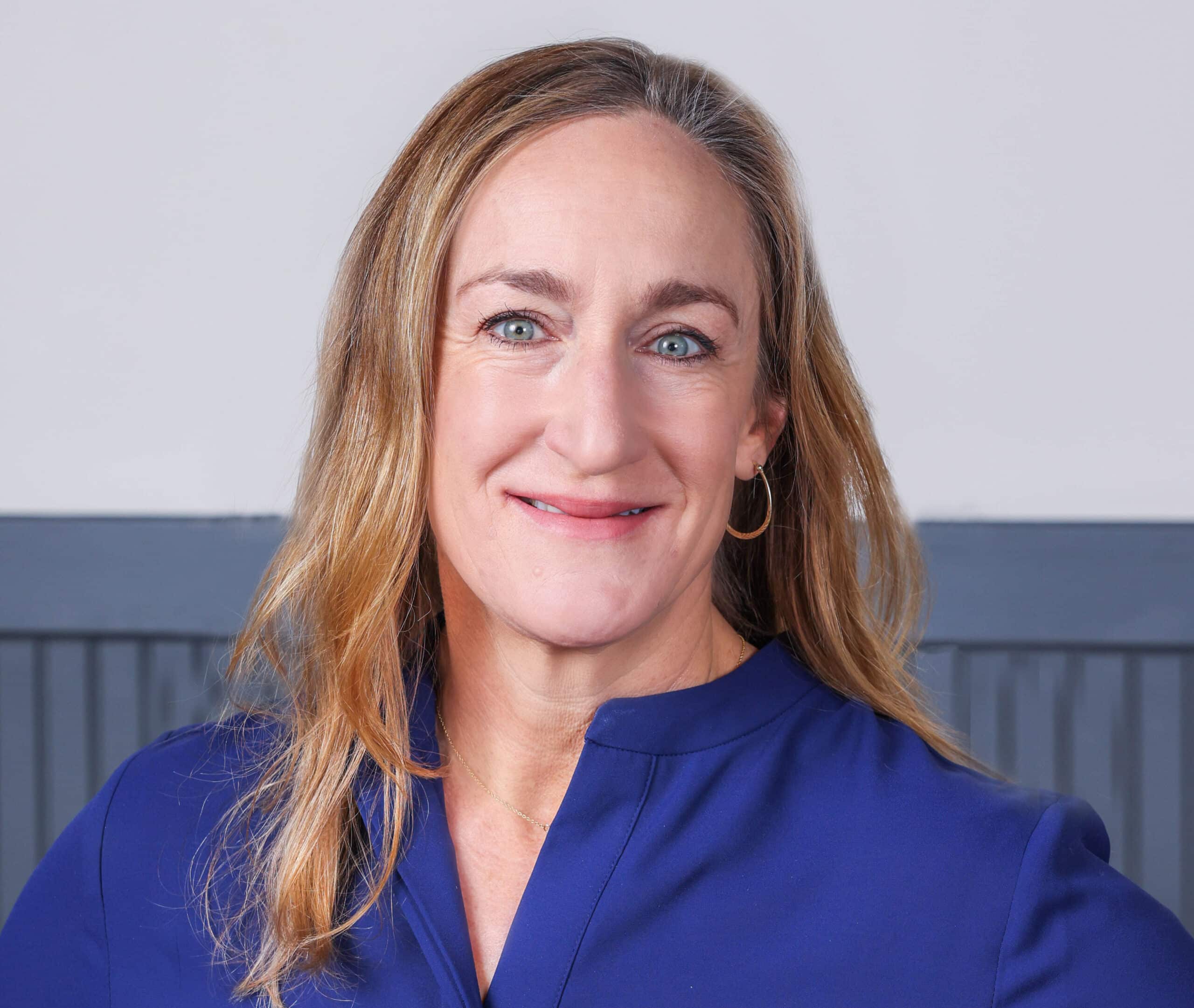This month, Occidental Petroleum (Oxy) announced a partnership with the MLB’s Houston Astros through which the team will purchase carbon credits from the company’s low-carbon energy ventures subsidiary, 1PointFive, to help reduce the ballpark’s carbon footprint over a three-year period. The credits will be generated by the CO2 removal at the company’s direct air capture (DAC) facility currently under construction in Texas. Earlier this year, 1PointFive announced a similar agreement with the NFL’s Houston Texans through which the team will use carbon removal credits to offset three years of air travel emissions.
These partnerships creatively combine baseball and football, two of Americans’ favorite pastimes and saviors of the linear TV industry, with the narrative of how an oil and gas giant can lead in Real Decarbonization ®. It also invokes the power of sports to engage people on salient social issues (one of which many of your stakeholders consider climate change to be).
Building unconventional alliances isn’t without risks. Yet you need to be looking at the abundant opportunities that public pressure to take action on climate is providing our industry and your company. How do you take advantage of those opportunities now, before today’s novel ideas become tomorrow’s expectations? Let’s dive into one of the most fertile discussion points I had with oil and gas leaders as I researched my new book, Real Decarbonization ®.
Both of these things are true:
- All industries are under growing pressure from a diverse array of stakeholders—from labor groups to community and activist organizations, eNGOs, think tanks, academics, and other industries and companies.
- Your unconventional alliances with any of these stakeholders to address climate priorities will generate controversy. You should make them anyway.
The situation
A growing number of companies are engaging in unconventional partnerships and alliances to address climate priorities, charting new pathways that will soon create an industry norm. Check out some of the latest:
- Food waste and methane. This month, Enbridge announced a new partnership with Divert, a company focused on creating technologies and solutions to eliminating food waste. Enbridge acquired 10 percent of the company, and the partnership will focus on building facilities to convert food waste into renewable natural gas (RNG). Enbridge said: “The synergies are obvious.”
- Whiskey and RNG. Last year, TC Energy announced it would be investing in an RNG production facility that would use a byproduct from the Jack Daniel distillery to generate biogas. After being processed, the biogas will be delivered to a local natural gas utility as pipeline-quality RNG. Fertilizer will also be made during the process, to meet local agricultural needs.
- Carbon capture. The Carbon Capture Coalition is a collaboration of union groups, eNGOs, and companies—including oil and gas—focused on building support for federal carbon management policies. Members include, for example, Baker Hughes, Occidental, and Shell as well as Clean Air Task Force, National Farmers Union, United Airlines, Archer Daniels Midland, and more.
- Dairy and methane. Chevron has an existing partnership with California Bioenergy LLC (CalBio) to produce and market dairy-derived biomethane as RNG transportation fuel in California. Chevron will provide funding for dairy biodigesters and facility upgrades and, when upgrades are complete, will bring the RNG to the state’s vehicle fuels market.
Seize the day
Unconventional partnerships can lead to new conversations, broadened perspectives, and novel solutions. Will you be critiqued for these partnerships or accused of greenwashing? Yes, you will. As Both True readers know, Adamantine advises our clients that the difference is made through the sincerity and quality of your planning. Before jumping into an unconventional partnership, keep these important considerations in mind:
- Be creative about partnerships. An unconventional partnership encourages us to think outside the box—beyond whom we partner with to whywe’re partnering with them. For instance, a partnership may involve exploring how technology in one industry (whiskey) may apply to another (RNG). It may involve executing a low-carbon project together that both partners want but can’t pull off independently. It can even simply involve sharing information or best practices between industries with common challenges.
- Identify shared goals. The most impactful partnerships exist between entities with complementary sustainability ambitions and whose engagement accelerates both partners’ ability to achieve their goals. If common goals are unclear, you can start by discussing common burdens, such as pressure from investors, the public, policy, and regulations, and work backward from there to identify synergies in the form of potential solutions.
- Find the right partners. Do your due diligence on potential partners. It is important to understand their reputation, how formal engagement with them would reflect on your company and the partnership itself, and the outcomes of their previous partnerships.
- Understand the risks to your partner. In many cases, partner organizations will be critiqued for working with oil and gas. Explicitly work with them to anticipate and mitigate these risks. Although they certainly create discomfort initially, we’ve seen these kinds of attacks backfire when both partners are prepared, sincere, and committed to their work together.
- Expand your partnership when the time’s right. You may consider when an existing unconventional partnership should turn into an unconventional coalition. Does expanding your partnership bring to the table more resources, knowledge, and expertise? Does it maximize your impact and highlight your company’s leadership? If so, there may be value in taking a partnership to this next level.
Unconventional partnerships are a key component of your decarbonization strategy. They allow your company to reach a wide audience, and they can fill gaps in your decarbonization efforts by connecting those with common interests and goals to opportunities and resources they wouldn’t have otherwise. Special thanks to Kelsey Grant for her work on this edition of Both True.
Adamantine has expertise in identifying and facilitating unconventional partnerships and coalitions. Reach out today if your company is exploring a partnership or looking to take existing ones to the next level.
To more apple pie,
Tisha

